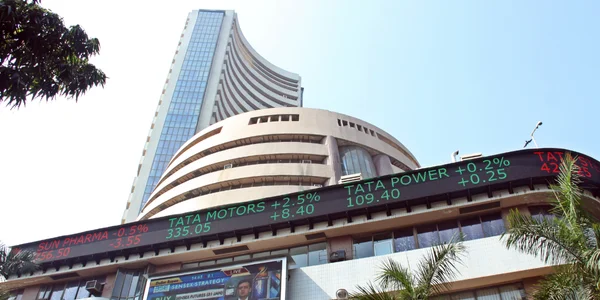On March 6, 2025, U.S. President Donald Trump issued an executive order to establish a Strategic Bitcoin Reserve alongside a stockpile of other cryptocurrencies—including Ethereum, XRP, Solana, and Cardano—both managed by the Treasury Department. This move represents a significant shift in the United States’ approach to digital currencies, as the new administration aims to position the country as a global leader in the sector.
The Strategic Bitcoin Reserve will consist primarily of bitcoins confiscated through law enforcement operations and judicial proceedings, avoiding the use of public funds or additional costs for taxpayers. At the time of the announcement, the U.S. government held approximately 200,000 bitcoins, valued at around $17 billion. The reserve is envisioned as a “digital Fort Knox,” intended to safeguard these assets without immediate liquidation—mirroring the concept of a gold reserve.
Despite the announcement, Bitcoin price dropped by 6% on March 6, further extending an existing downtrend. Currently, the decline hovers around 16%. The government’s lack of a clear commitment to purchase additional cryptocurrencies adds uncertainty to the investors’ sentiment. This situation is compounded by a liquidity crisis in traditional markets triggered by the Trump administration’s restrictive trade policies, which have adversely affected even the highly speculative crypto market.

On March 7, the White House hosted its first Cryptocurrency Summit. Among government officials who participated were the Winklevoss twins, Coinbase CEO Brian Armstrong, and Shayne Coplan, founder of the betting platform Polymarket.
After the Summit, some steps have already been taken, such as Coinbase’s announced launch of perpetual futures. However, such measures alone are not capable of halting—or even reversing—the ongoing decline in asset prices. This downturn is largely due to a general depreciation of U.S. assets amid persistent inflationary uncertainty and the tariff war initiated by the Trump administration in response to looming recession risks.
Investors had hoped for an uptick in institutional demand, comparable to central banks’ accumulation of gold. However, the executive order does not call for direct acquisition of additional cryptocurrencies with public funds. Instead, the Treasury and Commerce Secretaries have been given the authority to devise strategies to augment the reserve without imposing extra costs on taxpayers.
Senator Elizabeth Warren, a vocal critic of cryptocurrencies, has called for immediate transparency regarding the finances of crypto czar David Sacks—who reportedly liquidated his holdings just days ago. She has expressed concerns over potential conflicts of interest following Trump’s announcement of the Strategic Bitcoin Reserve, suggesting that insider trading might have occurred. Specifically, Warren demanded details about Sacks’s recent sell-offs and clarification on who had advance knowledge of Trump’s plans.
Additionally, the decision to include Solana in the reserve has drawn criticism, especially since Trump launched his meme coin, “Official Trump,” on its blockchain shortly before taking office. These developments have fueled speculation that some aspects of the reserve may be driven by political motives rather than purely strategic considerations.
The establishment of a Strategic Bitcoin Reserve by the U.S. government could set a precedent for other nations to follow. Countries with significant economic influence, such as China, Russia, and the European Union, may feel compelled to develop similar digital asset reserves to remain competitive in the evolving financial landscape. This shift could accelerate mainstream adoption of cryptocurrencies, pushing central banks to explore blockchain-based financial systems further. Additionally, the U.S.’s move may trigger regulatory debates worldwide, as governments attempt to balance the benefits of digital assets with concerns over volatility, security, and their impact on traditional financial markets.
What’s Next?
In the short term, the risks and uncertainties stemming from current government policies will demand close attention. However, the establishment of an official Bitcoin reserve by the world’s most powerful nation is poised to have a positive long-term impact on the global crypto market.

